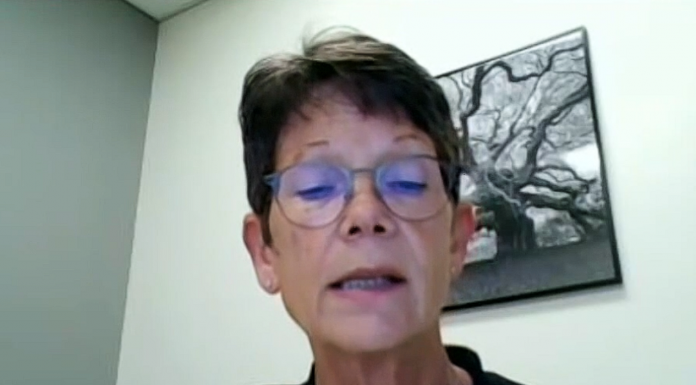Health officials are facing a reality check as they redouble their sometimes intrusive efforts to monitor, regulate and mitigate the spread of coronavirus.
Media over-hyping has led many to be skeptical of the risks in relation to the draconian demands being made on them as America enters its fifth month of pandemic restrictions.
State and local leaders in blue states and high-density area where the virus spread has been most severe have been inconsistent in their application of orders, notably allowing exceptions to social distancing during recent race-riots.
Republicans, in turn, have raised concerns over political motivations and have pushed back at all levels.
That has forced law enforcement in some areas to begin issuing citations for violations of face-mask orders or to local businesses for re-opening despite failing to meet arbitrary eligibility requirements.
In Charlotte, NC, a blue-run city that has staved off a major outbreak but has followed in the footsteps of other urban centers, officials recently issued citations to several arcades that were opening—some calling themselves bars—that failed to meet eligibility requirements for opening.
Meanwhile, Mecklenburg County Health Director Gibbie Harris said that health officials were facing other challenges due to a lack of cooperation in their contact-tracing efforts.
“They’re hanging up on staff sometimes,” Harris told WCNC.
“Sometimes they’re not answering the telephone, and there have been occasions when the staff has been yelled at because people are tired of this and don’t want to hear the information,” she continued.
“The other challenge we have right now is we’re hearing people say, ‘Thank you for the information, but I have to work.'”
Harris questioned whether contact tracing—attempting to reach out to all those who may have been in contact with someone who tested positive—was, in fact, the best use of resources.
The county stopped issuing mandatory quarantines early in the pandemic, so attempting to regulate those who may be asymptomatic carriers has been met with less than “strict compliance,” she said.
Harris complained that the earlier panic-mongering and unprecedented politicization of the health crisis as Trump-bashers hope the virus continues to drag the economy, have led many to be jaded by it.
It doesn’t help, of course, that top health organizations like the Centers for Disease Control and Prevention, which once never would have been regarded with a whiff of distrust, are having their motives questioned after several reversals on matters like mask mandates.
“For it to be effective, we have to have people who are willing to communicate with us, be honest with us, recognizing the fact that we’re not out to get them,” Harris said.
Reviving a common trope deployed by authoritarian lockdown and social-distancing proponents, she tried to appeal to the broader social responsibility of individuals being asked to curtail their personal freedom for the public good—or at least the latest iteration of what authorities may interpret it to be.
“We are out to try to help and that help can come to the individual that we’re talking to, but also the bigger community,” Harris said.
In public health, the community is our patient, so we’re trying to look at the big picture here,” she continued. “If the community is not interested in participating and working with us on this, it makes our job really difficult.”

